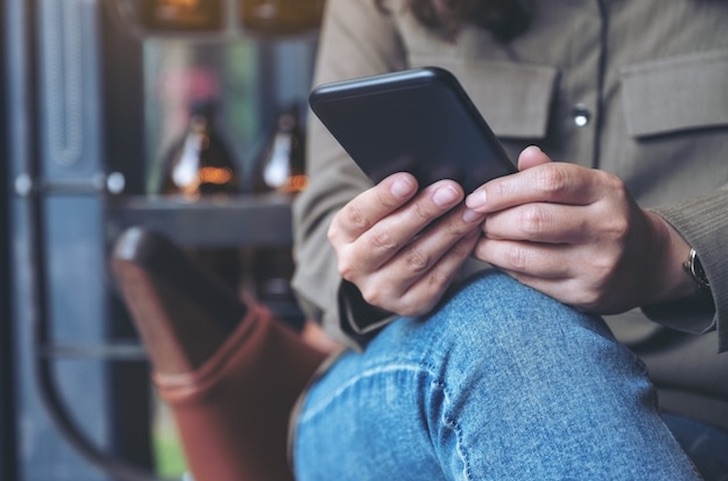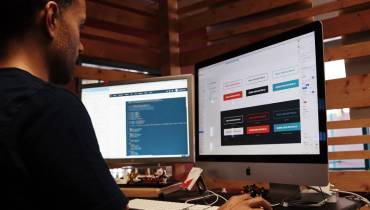Data Reveals the Countries That Want to Quit Social Media

For many of us, social media is a huge part of our lives, giving a way to connect to friends, family and even colleagues.
Its usage spans everything from sharing holiday photos to boosting our careers. But as many know, it can have its downsides with a strong impact on our mental health.
As we become more aware of this, many of us are following in the footsteps of celebrities such as Tom Holland and Ariana Grande and choosing to take a break from, or give up altogether our social media accounts.
But which countries are most likely to quit social media? Interested in finding out, Ice Headshop utilized online analytics tool SEMrush to analyze the most common search terms in reference to reducing social media usage.
Countries most likely to quit social media
The country most likely to quit social media is Iceland with 73 searches per 100,000 internet users. Searches for terms relating to quitting social media were 43% higher than the following country, showing a strong interest from the land of fire and ice. This is unsurprising given that a reported 91% of Icelanders use social media platforms! Facebook still dominates as the top platform here, followed by Instagram and Pinterest respectively.
In second place is Croatia with 51 searches per 100,000 internet users.The highest search term was ‘How to stop scrolling’ with many Croatians clearly struggling to manage their time on platforms. Once again, Facebook has the highest share of users here, but Instagram is also prevalent with 15.45% market share.
Following in third place is Ireland with 24 searches per 100,000 internet users. Facebook is the most prominent platform with a whopping 90.39% market share in the country, however, Twitter is the second most popular platform for the Irish with Instagram coming in third place.
In fourth and fifth place were Estonia and Belgium with 21 and 14 searches per 100,000 people respectively. In Belgium, social media users represent 81.7% of the total population, whereas in Estonia users only make up 79.3% of the total population.
Expert tips to reduce social media usage

Helen Norbury, Life coach and wellness expert offers tips to help you reduce social media usage:
1. “SET ACHIEVABLE GOALS: Set yourself realistic goals for what you can achieve in the day/week. Don’t try to give up everything, all at once. The cumulative effect of lots of small steps is by far the most powerful approach and much more likely to succeed long-term.
2. GET ACCOUNTABLE: Having someone to whom you are accountable can really help your motivation - we don't mind making excuses to ourselves, but to others is a different story!
3. S.A.C.K. DISTRACTIONS: When you notice that you are heading for an unhealthy distraction, SACK the distraction so you can continue with the task at hand!
- STOP: take a deep breath (or three) and pause.
- AFFIRM: remind yourself that you're safe and able to deal with any scary emotions that might be coming up, even at a subconscious level.
- CONTINUE: carry on with the task at hand.
- KINDNESS: to show to yourself. Be compassionate, give yourself a virtual or literal hug and keep breathing!
4. CHANGE YOUR STATE: Re-energise at least every 50 minutes - move, get air in your lungs, and get your blood pumping around your body!
5. GET CURIOUS: Ask yourself: “Am I doing this in order to suppress feelings that make me feel X?" Be compassionate with yourself as you explore the answers to this inquiry. Do not make your previous habit wrong – it was there for a reason and once we understand that reason, we can look to resolve it.
6. VISUALISE IT: Keep connected to what it will feel like when you no longer have these bad habits in your life.”










![9 Tips for Managing Your Online Writing Projects Efficiently [node:titile]](/sites/default/files/styles/video_thumbnail_bottom/public/open-book-laptop-online-writing-tips.jpeg?itok=rI4zR3a-)







